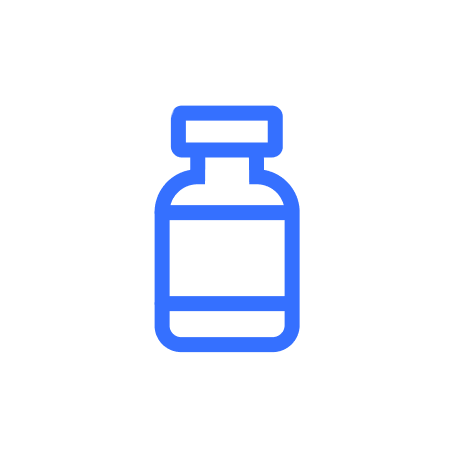$159.00
Your heart is no laughing matter. You can’t laugh at our jokes if you’re dead so make sure you take this test.
Our comprehensive heart panel takes a deep dive into various factors related to heart health and cardiovascular disease risk.
Cholesterol is a waxy, fat-like substance that is essential for certain bodily functions. However, high levels of cholesterol can contribute to the buildup of plaque in the arteries, leading to atherosclerosis and an increased risk of heart disease. The total cholesterol test measures the overall cholesterol in your blood.
Often referred to as “good cholesterol,” HDL helps remove excess cholesterol from the bloodstream and carries it back to the liver for disposal. Higher levels of HDL are associated with a lower risk of heart disease.
Known as “bad cholesterol,” LDL contributes to the buildup of plaque in the arteries. High levels of LDL cholesterol can lead to atherosclerosis and increase the risk of heart disease.
Triglycerides are a type of fat found in the blood. They are used by the body for energy, but high levels can contribute to the development of heart disease, especially when accompanied by low HDL and high LDL levels.
This test measures the level of C-reactive protein (CRP) in the blood. CRP is a marker of inflammation in the body, and high levels of hs-CRP can indicate an increased risk of heart disease. The hs-CRP test is more sensitive than the standard CRP test, allowing for the detection of even low levels of inflammation that may be associated with an increased risk of heart disease.
A heart panel provides valuable information about an individual’s cardiovascular health, which can help healthcare providers determine the appropriate course of action for preventing or managing heart disease.

Testosterone, SHBG, Free Androgen, Progesterone
Testosterone is fundamental for men's health, influencing muscle mass, bone density, and sexual function. Its impact, however, depends not just on its total level but also on its bioavailable form.
Sex hormone-binding globulin (SHBG) binds to testosterone, reducing its active availability. The fraction that remains unbound, known as free testosterone, is crucial for physiological functions.
Understanding the balance between total testosterone,
SHBG, and free testosterone is key in addressing men's health issues and ensuring overall well-being.

Cortisol
Cortisol, often referred to as the “stress hormone” is a vital hormone produced by the adrenal glands. In addition to regulating stress responses, it also plays a crucial role in various bodily functions. It regulates metabolism, reduces inflammation, and maintains homeostasis. Elevated during stress, it helps the body respond to challenges but, if persistently high, can lead to health issues.

ALT, AST, ALP
Liver function tests, including Aspartate Aminotransferase
(AST), Alanine Aminotransferase (ALT), and Alkaline Phosphatase (ALP), are crucial for assessing liver health. Elevated AST and ALT levels often indicate liver cell damage, commonly seen in conditions like hepatitis or alcohol-related liver disease.
High ALP levels may suggest bile duct obstructions or liver inflammation. Conversely, lower than normal levels can occur in certain deficiencies or infections, signaling potential liver dysfunction or damage. These tests help diagnose and monitor liver conditions effectively.

Cholesterol, HDL, Triglycerides, LDL, VLDL, and Total Chol/HDL Ratio
A lipid panel is a comprehensive blood test that measures different types of cholesterol and fats in the blood to assess the risk of cardiovascular disease. HDL is known as "good" cholesterol because it
helps remove other forms of cholesterol from the bloodstream. LDL and VLDL are considered "bad" cholesterol as they can lead to plaque buildup in arteries, increasing the risk of heart attacks and strokes.
Triglycerides are a type of fat that, when elevated, can contribute to atherosclerosis. The Total Cholesterol/HDL ratio is used to predict the risk of developing heart disease; a lower ratio indicates a lower risk. Regular testing allows for the monitoring of these levels, which can be critical in preventing heart disease by initiating lifestyle changes or medication if necessary.

hsCRP
High-sensitivity C-reactive protein (hsCRP) is a blood test that measures low levels of CRP, a protein indicating inflammation in the body. It's important because elevated hsCRP levels are associated with an increased risk of cardiovascular diseases. This test aids in assessing heart disease risk beyond traditional factors like cholesterol.

Thyroid Stimulating Hormone (TSH)
The thyroid gland regulates metabolism, energy, and mood by
producing hormones. TSH testing is crucial as it evaluates thyroid function,
helping diagnose and manage conditions like hypothyroidism and hyperthyroidism. This test is key for early detection and effective treatment of thyroid-related
disorders.

Simple at-home testing with quick, accurate results

Check and track results on your Trybe portal

Supplements to support your goals

Subscribe to prioritize your health and your bank account

Experience a stress-free testing process without the need for needles
Skip the finger sticks and enjoy a painless, hassle-free testing experience.
ImpactHealthLab is HIPAA compliant, and our secure delivery will have you confident in your privacy



